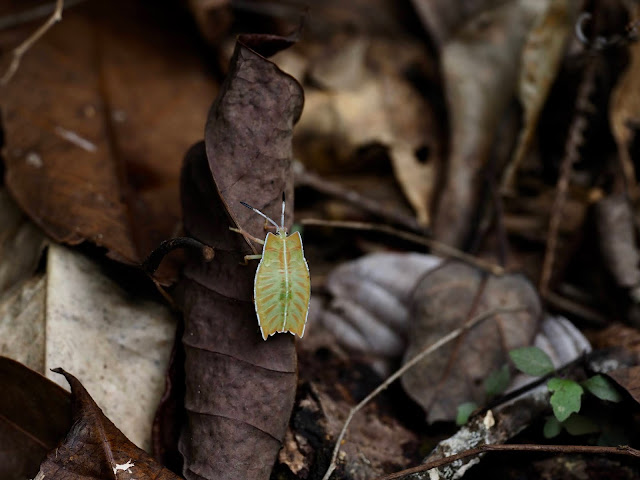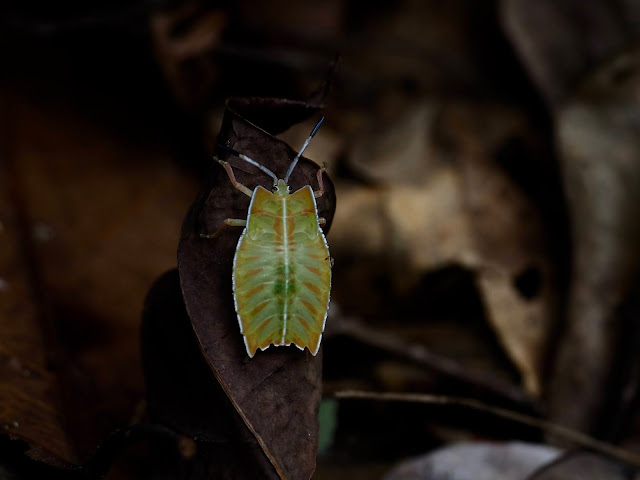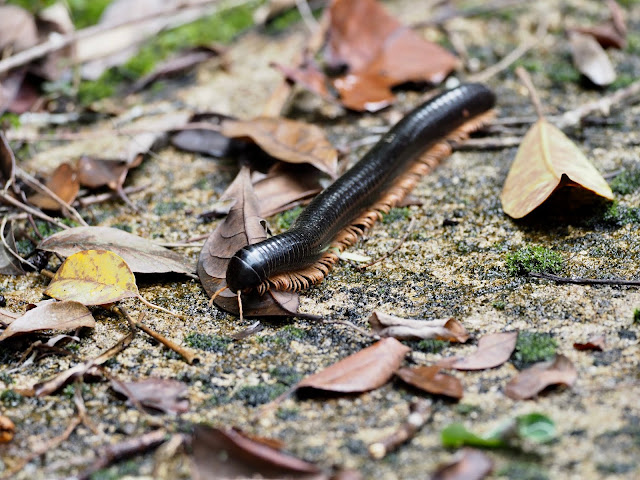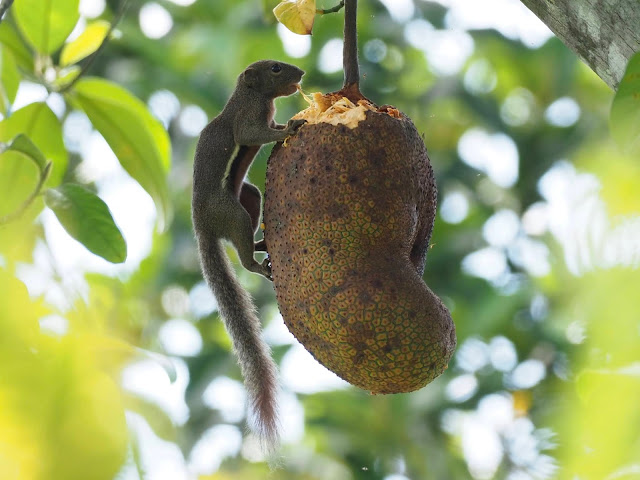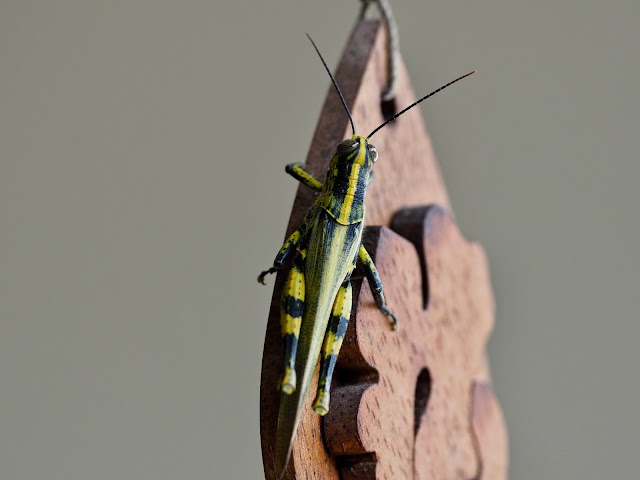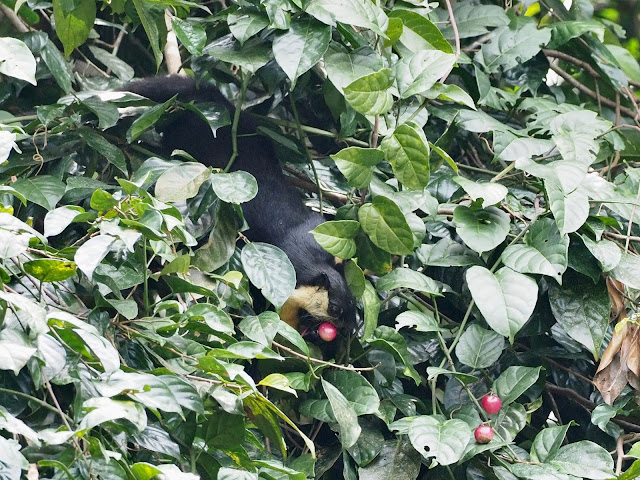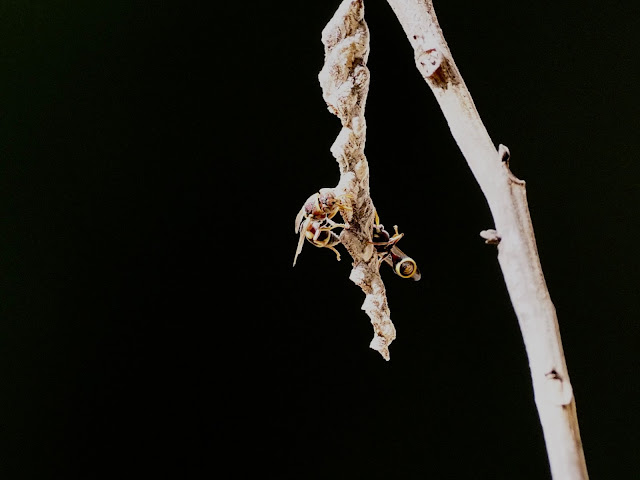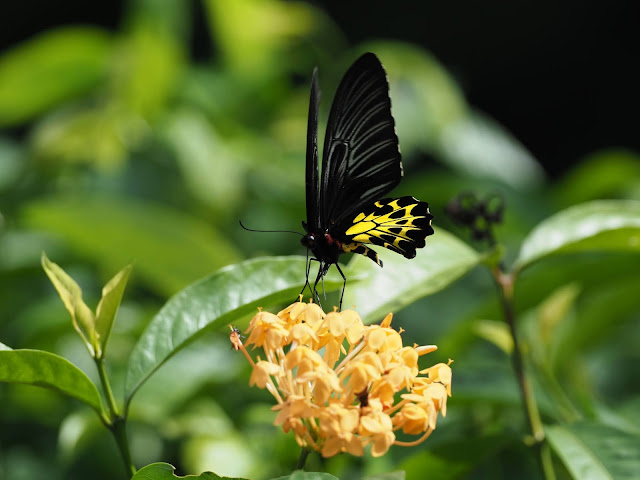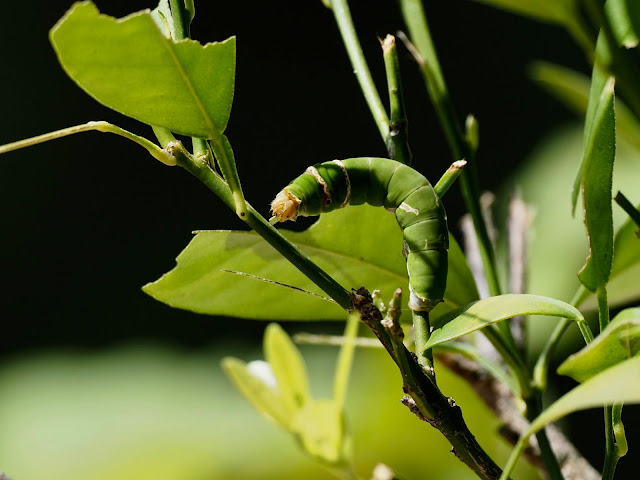“In ageing it is even more important to live in splendor, seeking the beauty in mortal life.”
Thursday, November 11, 2021
Friday, November 5, 2021
Wednesday, November 3, 2021
Thursday, October 28, 2021
Monday, October 25, 2021
Sunday, October 24, 2021
Wednesday, October 20, 2021
Monday, October 18, 2021
What I learn
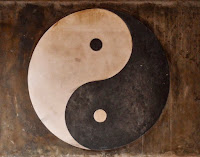 |
| heritage in chinese civilisation |
a. ‘strike east but make a sound in the west’ strategem is similar to TCM treatment of illnesses in the upper body via the lower body, e.g. a headache can be treated via the leg and foot; a face distorted on the left but acupuncture treatment is given on the right (one must know root cause of distortion) equals to
c. ‘beauty trap’ suggests hitting on what one likes, e.g. on roundworm problem, use prescription that attract roundworms to eat and be narcotised, then other prescription to excrete it
d. ‘throw out a brick to get a jade gem’ suggests always prescribe mild medicine before strong one, i.e. known as to ‘open or explore the path’ (kai lu) medicine/prescription, e.g. tonify the stomach and spleen first so that can absorb medicine; also a mild medicine will enable one to see if prescription is suitable than only followed by a strong prescription
e. ‘looting a burning house’ refers to removing root cause of problem/disease, then only consolidate the situation.
ii. TCM sees the body in holistic view
‘besiege Wei to rescue Zhou’
When an organ has problem, another organ is treated to overcome the problem, i.e. treat the stomach to protect the liver. Thus, when there is a problem with an organ, check the other organs as well, especially the five 'zhang' organs.
a. holistic
b. dialectic (know common concepts as well as opposing concepts)
c. remove the root cause
a. Yin-Yang theory
b. dialectic view, i.e. know your enemy before an attack
e.g. when a patient is overjoy, he can hurt his heart/fire element, so use the kidney/water element/fear to treat him, based on the Five Element theory.
a. ‘watch fire burn across the river’, i.e. have the proper or correct state of mind. Do not be hasty in understanding illness. Have proper state of mind before acting on an illness or getting treatment or deciding on healthcare. Do not follow what others do.
b. ‘pilfer the goat’, i.e. do it the easy way. The easy way also needs persistence e.g. many TCM care methods are easy to follow but one needs to be persistent.
Wednesday, October 13, 2021
What I learn
 |
| heritage in chinese civilisation |
e.g. Fu hexagram indicates the stage of a baby just born, i.e. “one Yang returning” – a baby clenches fist with thumb pressed inside, pressing on Shaofu accupoint on the heart meridian. Even the baby needs to protect Yang Qi, i.e. Shenque acupoint on abdomen.
a. diet, avoid cooling food
b. adjust mentality and emotion; balance mental state and emotion
Positive: when young accumulates wealth but do not be showy; Negative: when accumulates bad habits, should learn to abandon them.
Idiom – too difficult to hide tail; also, tail too big to wag – i.e. difficult to change bad habits.
a. protect and tonify kidneys, according to I Ching based on Yin-Yang equilibrium, five elements which relate to the five organs, five cereals, five vegetables and five fruits, e.g. black food like black soya beans, black sesame tonify kidneys; also care for the brain because brain is connected to kidney, eat walnuts to nourish brain.
Tuesday, October 12, 2021
What I learn
 |
| heritage in chinese civilisation |
- heart as the king, that which governs the spirit
- lung as the chancellor (respiration determines state of being); responsible for management 'zhi' and regulation 'jie'
- liver as general in charge of defence, strategies (detox, conducts metabolism, stores blood)
- spleen as granaries minister
- kidney as invigorating minister, responsible for ingenuity; growth, development, fertility of body
- spleen in TCM is always associated with stomach, refers to function, not an anatomical organ; means the fruits, cereals eaten, water drunk, are transformed into Qi and blood
- e.g. if after chemotherapy, a person must have appetite for food, if not, it means there has been excessive treatment affecting the stomach and spleen, and the person can die due to this, loss of appetite and desire for food, (and not due to the cancer he has chemotherapy for)
- spirit (heart)
- spiritual soul (liver)
- physical soul (lung)
- idea (spleen)
- will (kidney)
e.g. spleen governs idea, direct thinking; if a person faces a problem and cannot solve it, he will 'fa pi Qi' (vent spleen anger)
fire – heart
earth – spleen
metal – lung
wood – liver
water – kidney
e.g.
a. spleen/stomach is the mother of the lung; when a person has tuberculosis, re-enforce earth to generate metal, i.e. enhance spleen/stomach to repair lung calcification
b. if angry and no appetite to eat, regulate the liver Qi (wood) to control stomach/spleen Qi (earth) in order to have appetite again
It is also caused by the seven emotions – joy, anger, sorrow, brooding, fear, fright, grief – which will most damage the five internal organs
“When one is indifferent to fame and fortune, and achieves inner peace, the principal Qi will be smooth in the body.”
e.g. the liver and gallbladder work best between 11.00 pm and 3.00 am, thus, one must sleep within these hours; if one stays up and does mental work, blood goes to the head instead of the liver which is responsible for lipid metabolism, thus a person will beget fatty liver.
Spring Qi corresponds to liver Qi
Summer Qi corresponds to heart Qi
Autumn Qi corresponds to lung Qi
Winter Qi corresponds to kidney Qi
a. in spring, liver is most active, do not eat too much sour, eat more sweet to enhance stomach/spleen Qi, e.g. Chinese yam, dates
b. in summer, eat less bitter food, more acrid food such as fresh ginger, garlic, scallion to protect lung
c. in autumn, eat less acrid food, more sour food for liver, e.g. pears, grapes
d. in winter, eat less salty food, more bitter food to protect heart, e.g. celery, asparagus lettuce
Saturday, October 9, 2021
What I learn
 |
| heritage in chinese civilisation |
i. relate to the five elements, for control and generation
ii. to regulate the five emotions, relate to Buddhism, Confucianism and Taoism as Buddhism advocates impermanence, Confucianism kind-heartedness and humanity and Taoism laws of nature
iii. the existence of the five emotions is natural just as a baby when born into the world enters with clenched fist and crying; when a man leaves the world, he no longer clenches his fist, there is abandonment; so there is sorrow and happiness, there is obtainment and abandonment
3.3.1 Five 'zang' organs and five emotions
i. e.g. to manage anger/liver (wood), one needs sorrow/lung (metal), i.e. need to be sad to manage anger
ii. to regulate the emotions, fall back on Confucianism, Buddhism, Taoism
iii. from crying (at birth) - smiling; abandonment - obtainment (clenching of fist at birth)
i.e. understand that nothing is permanent, law of nature, then one can regulate one’s emotions
Thursday, October 7, 2021
What I learn
 |
| heritage in chinese civilisation |
a. Chinese saying: illness finds its way in through the mouth
i. appropriate amount of food
– no overstuffing: ‘medicines are more or less harmful but overeating is most harmful’
– Sun Sumiao, Tang Dynasty’s King of Medicine: practise self-cautiousness
– practise principle of retaining 30% hunger and cold
ii. appropriate taste
– five evils of tastes are sweet, salty, sour, bitter, hot
iii. appropriate nutrition
– balance nutrition, e.g. protein, oil, etc
iv. appropriate temperature and hardness
– eat seasonal food
– operation and change in man should correspond to seasons in nature, as heaven-earth-man are linked
– don’t eat when angry or in bad mood because blood goes to the head and not to the spleen and stomach which needs blood for digestion
– eat soft, ripe and warm food to protect spleen and stomach
– regulate diet means nursing spleen and stomach as a lot of illnesses come from damage to spleen and stomach
– “do not warm cold food with spleen and stomach”
– “do not soften hard food with spleen and stomach”
– “do not cook raw food with spleen and stomach”
– “each place has its own way to support its inhabitants”
Tuesday, October 5, 2021
What I learn
 |
| heritage in chinese civilisation |
a. Three grades
i. low grade herb – to treat illnesses, e.g. sweet wormwood which is toxic, bitter/cold in nature
ii. medium grade herb – e.g. dan gui to cultivate temperament; is non-toxic
iii. top grade herb – e.g. red dates (good but limit it because too much sweet hurt stomach and spleen; Chinese yam (which is good for spleen, stomach; builds muscle, good for limb, for Qi, for ability to see and hear; nourish lungs and kidneys too {stomach is mother of lung})
b. Two main principles of TCM
i. eat what you wish to eat (the body will lead you)
ii. stop when you should stop
3.1.1. Forms of dosage in TCM:
i. decoction or 'tang yao' must be taken before it becomes cold; decoction can wash away waste such as urine and sweat
ii. pulvis or 'san ji' remove stasis and can be assimilated quickly, so is usually used to cure gastrointestinal diseases
iii. pill or 'wan' works slowly, is thus used to cure disease that develops over time
3.1.2 Treatise on Cold Damage Disorders
i. based on the Treatise on Febrile and Miscellaneous Disorders by Zhang Zhongjing
ii. there are 12 classes of disorders
iii. single medicine vs compound medicine to resist evolving virus/bacteria
iv. individualized treatment
v. organs are classified as monarch, minister, assistant and guide
vi. everyone should have some medical knowledge on TCDD, e.g. when one has headache, vomit, prick tip of ear to release some blood
* Heritage in brief, for contemplation
Sunday, October 3, 2021
Friday, October 1, 2021
What I learn
 |
| heritage in chinese civilisation |
2.6.1 Four realms of life according to Fen Youlan (Chinese philosopher)
ii. moral realm – dao de (he overcomes the true, the counterfeit and enters dao de)
iii. utilitarian realm – material world (gong li)
iv. nature realm – natural (ji ran)
Wednesday, September 29, 2021
What I learn
 |
| heritage in chinese civilisation |
2.5 Respect and reverence
i. respect is external; reverence is internal; respect must be accompanied by reverence at heart
ii. respect your parents do not mean worship them
- saying - "ren zai zou, tian zai kan" (man acts, heaven observes)
2.5.1 Meaning of Qing Ming
i. Life Qing Ming: remember one’s past
ii. Ecology Qing Ming: arrival of spring
iii. Political Qing Ming: remember Jie Tu; Hanshi/Cold Festival
* Heritage in brief, for contemplation
What I learn
 |
| heritage in chinese civilisation |
ii. of understanding variables, in order to make decision (but does not mean taking extremes, to produce balance, e.g. taking cold drink on a hot day vs hot drink on a hot day which is better to keep cool)
v. TDoM also refers to putting self in other’s shoes; also, proper limit
Thursday, September 23, 2021
What I learn
 |
| heritage in chinese civilisation |
2.3 Wisdom of Zhuangzi (a dose)
i. involvement in affairs of society is like an egg or carrot or tea in boiling water (a person decides which one he wants to be)
- the egg turns hard
- the carrot becomes mushy
- the tea releases fragrance
ii. “neither fear death, nor court death” – allow nature to take its course: birth, growth, sickness, old age, death
iii. “everything exists for an implicit and established reason”; “nature has beauty which is not explicit” – understand what is explicit truth, what is established reason
iv. do not be spiritually confined but have an open clear view
v. inner fast = spiritual fast: keep out distracting thoughts; keep calm in the heart
vi. a sage is calm at heart; many things are covered by noise. Water is clear when it’s calm, so too will spirit be
Thursday, September 16, 2021
Monday, September 13, 2021
What I learn
 |
| heritage in chinese civilisation |
i. Benevolence
- harmony
- social responsibility
- ceremony courtesy
iii. based on:
- words of benevolence vs western values
- righteousness vs democracy
- rites vs human rights
- intelligence vs liberty
- fidelity vs constitutionality
- integrity vs dignity of individual
3. Filial piety need not be obedience but mutual growth/progress
Heaven is Father/Earth is Mother
i. pride
ii. ignorance
iii. anger
iv. jealousy
v. wrong view
vi. miserliness
vii. attachment
viii. doubt
Go with the flow = keep going, especially when fatigue or in doubt/uncertain.
* Heritage in brief, for contemplation
Wednesday, September 8, 2021
What I learn
 |
| heritage in chinese civilisation |
Know where we come from
Know where we are
Know where we are going to
Monday, September 6, 2021
What I learn
 |
| heritage in chinese civilisation |
i. Trustworthiness – true, loyal, sincere
ii. Sense of shame
iii. Integrity
iv. Gratitude – to parents; even to those you can help
Man is given the greatest freedom, also the greatest restraint
ii. Buddhism – life is fleeting; know when to let go – do not hold on to past; do not long for future; live in the present
iii. Daosim – know how to view the world (there is contentment)
3. Emphasis on contentment and self-sufficiency.
4. Go with the natural, i.e. the natural = innateness of things, i.e. what you are, not how you should be when compared to others, e.g. if others eat two bowls of rice, you eat one, do not try to eat two.
Cultivating self is a gradual process – learn things to benefit self, not for trade, etc.
Saturday, September 4, 2021
Thursday, September 2, 2021
What I learn
 |
| wisdom in traditional chinese medicine |
1. (*Chinese characters which share the same pronunciation have the same origin)
‘One’ in the Origin of Chinese characters was a dot (circle); it refers to Taiji (a state of Yin and Yang in complete harmonious relationship).
The TTC relates the origin of human –
Tao engenders one
One engenders two
Two engenders three
Three engenders everything
This is the syncretism between heaven and man.
Before the formation of the universe, there was Tao, there was obscure but physical existence. Tao engenders One which is Taiji, then One forms Two – Two is Qing Yang which is in the heaven, and Zhou Yin which is in the earth.
When Yang increases heaven is formed, when Yin declines earth is formed, so heaven and earth became Two, then as One engenders Two, Two engenders Three, earth Qi constantly rises while heaven Qi declines, the state of Qi with motions of heaven and earth was formed, this is Three, i.e. when all creatures on earth were produced.
What is the essence of man? According to TCM, in the TTC, human is everything, the most perfect product of Yin and Yang. The essence is that Yin and Yang must be balanced (core philosophy of TCM).
2. In the Chinese culture, an important idea is that man is the lord of creation –
Man follows Earth,
Earth follows Heaven,
Heaven follows Tao,
Tao follows Nature –
Why is this said?
Man has the capacity to put heaven and earth together – look at the philtrum. When a person is in the womb, it is called the “nine obstructed orifices” – the navel is connected with the mother. All other orifices are closed. When the baby is born, the “nine orifices” open. The orifice is the channel between independent life and the nature. The channel is open. How are the nine orifices distributed –
Above the philtrum: three even numbers
Two eyes
Two ears
Two nostrils
Below the philtrum: three odd numbers
One mouth
One external genitalia
One anus
Three even numbers = Kun trigram, which means earth
Three odd numbers = Chien trigram, which is heaven
However, originally heaven is above and earth is below, but how can man follow heaven and earth?
Earth Qi must rise and heaven Qi must decline. At this point, man is alive.
When the nine orifices are distributed, earth Qi rises so above is even number, heaven Qi declines, so below is odd number, therefore, the philtrum is where Yin and Yang meet.
When man is born, he follows heaven and earth. When earth Qi rises, heaven Qi declines, then man is alive.
When you faint, earth Qi no longer rises, heaven Qi no longer declines, so pinch the philtrum so that heaven and earth Qi can start to run again.
1. Variation – always changing
Monday, August 30, 2021
What I learn
 |
| wisdom in traditonal chinese medicine |
1. Yang Qi refers to life activities of human bodies such as prompt thinking, brisk movement, which are external manifestations of Yang Qi.
4. Abide by the principles of nature; according to Lao Tzu,
Man models on Earth
Earth models on Heaven
Heaven models on the Way
The Way models on Nature
Yang Qi is at the external body during the day, it returns to the body at night – Yang Qi is needed to maintain Yin Qi at night – both Yang and Yin Qi must be in the body to enable body to keep well – if you exercise at night, Yang Qi cannot return into the body.
i. watermelon is red and sweet, is cold natured – red is related to heart which is of hot nature, i.e. red things go to the heart, thus, watermelon reduces heat in heart as one will pee after eating watermelon.
iii. fresh ginger is gentle; yellow goes to the spleen and stomach.
iv. pepper/chilli is hot-natured and promotes Yang Qi better.
v. old duck is hot-natured; young duck is cold-natured.
vi. American ginseng replenishes Yang Qi fluids, is best eaten in summer.
vii. Nuts, peanuts, chestnuts, hazels, are seeds, so are good vegetable protein – seeds have vitality, carrier of vitality – promotes kidney Qi.
viii. “Each place has streams come in from all over the country”, i.e. follow own local practices and customs to keep well.
Overthinking/overworking affects Yang Qi, the spleen – deficient Yang Qi causes loss of appetite, abdominal pain, diarrhoea.
Diabetes, depression also affects Yang Qi.
Tuesday, August 24, 2021
What I learn
 |
| wisdom in traditional chinese medicine |
27. Food in Ancient Chinese Culture
1. Bitter gourd = insulin
2. Garlic = antibiotics
3. Peanuts with skin = red blood cells
4. Day lily = feel good feeling
5. Rice is important, rice is in Qi character; vegetable is important, it is in Jing character as field is in Shen character.
6. Based on number of teeth, i.e. 4 canines and 32 molars, it suggests that 1/8th meat in diet is enough.
7. Millet = ‘miyou’ which is better than milk
8. Sweet potato prevents obstruction in intestines, i.e. clean intestinal tract = longevity. Also, has cholesterol lowering ability, 10 times more than 130 other foods.
9. Vegetables must be fresh, green, yellow, red. Must be bought fresh, not stored for days in fridge; green for chlorophyll and folic acid, yellow for carotene, red for lycopene. Vegetable contain the character Shu which means grass and dredging, suggests able to open meridiens and clean obstruction.
Fruits can be classified as normal, hot or cold, e.g. banana (cold) puts one in good mood – has good adjustment effect; apple (normal) prevents dementia; persimmon (hot) must not be eaten with crab (hot).
12. Eat carbohydrates to burn fats.
13. Grain eater said to have wisdom and thinking ability; grazer to be stupid and labored; meat eater to be bold and hot tempered. Too much meat increases abdominal heat, makes a person want to drink ice water.
14. Ice water is bad for abdominal brain, makes a person easily rejects others.
16. Functional food = target organ (food as medicine), e.g. walnut for brain; almond for heart; fish head soup nourishes brain.
17. Balance is health, adjustment is treatment.
*Sharing a nugget of vitality, not to be swallowed whole.
